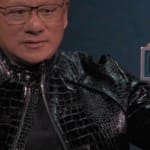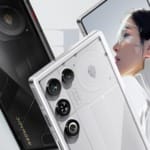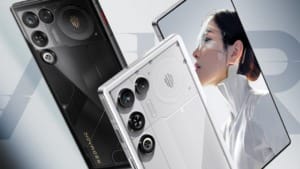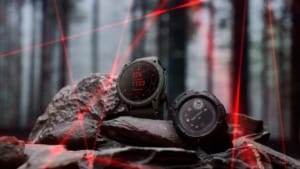Tesla accuses ex-engineer of stealing robot hand tech to launch rival firm
Tesla sued an ex-engineer for stealing robotic tech secrets to launch a rival startup, Proception, sparking a major legal fight in robotics innovation.

Tesla has filed a lawsuit against a former engineer, claiming he stole trade secrets from the company’s Optimus robotics project and used them to start a competing business.
Table Of Content
Allegations of theft and a rival startup
You might be surprised to learn that Tesla is now accusing one of its former engineers of a serious breach of trust. According to a lawsuit filed on June 12, Zhongjie “Jay” Li allegedly took sensitive and confidential information about Tesla’s Optimus humanoid robot programme. The company claims Li took this data to launch his company, Proception — a Y Combinator-backed startup focused on developing advanced robotic hands.
Li worked at Tesla between August 2022 and September 2024. Tesla says that during this time, he downloaded internal documents and materials onto two personal smartphones without permission. The information reportedly included valuable research and development work on robotic hand sensors, which Tesla considers a key component of its Optimus project.
The company also stated that, in the months leading up to his departure, Li had begun conducting work-related research into “humanoid robotic hands” and had searched online for information on venture capital funding and how to start a company. These activities, Tesla says, clearly show Li’s intent to misuse its proprietary knowledge for personal gain.
The timing raises questions
According to the lawsuit, Li wasted no time once he left Tesla. Just days after his resignation, Proception was officially incorporated. Within five months, the startup had already claimed to have developed “advanced humanoid robotic hands” — a product Tesla says looks strikingly similar to its early Optimus bot designs.
Proception has publicly stated its mission is to “revolutionise human-robot interaction by building the world’s most advanced humanoid hands.” Tesla argues that mission wouldn’t be possible without using trade secrets allegedly stolen from the Optimus programme.
When asked for comment, both Tesla and Proception have remained silent. The legal case is still unfolding, but it already adds pressure to a project that has faced its share of challenges in recent years.
The rocky road of Tesla’s robot dreams
You might remember when Tesla first revealed plans for a humanoid robot — the Tesla Bot — in 2021. Since then, the project, renamed Optimus, has seen several delays. In 2022, Tesla promised new product launches, including the bot, in 2023. But those launches never happened, and development has continued behind closed doors.
In July 2024, CEO Elon Musk said the company aimed to begin selling the robot by 2026. At a “We, Robot” event held in October 2024, Tesla showcased several Optimus units. However, it was revealed that the robots still relied on human operators controlling them from afar.
This lawsuit adds yet another chapter to the story of Optimus — one filled with big promises, ongoing delays, and now, a high-stakes legal battle. If Tesla’s claims are proven in court, the outcome could set a precedent for how tech companies protect their innovations in the increasingly competitive field of robotics.
















